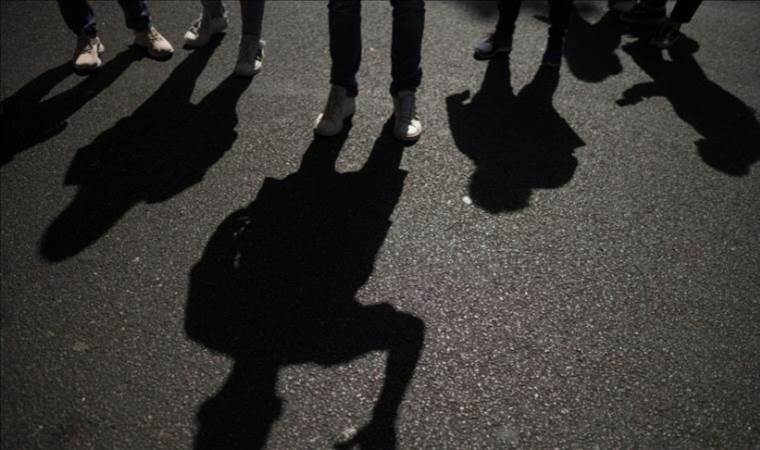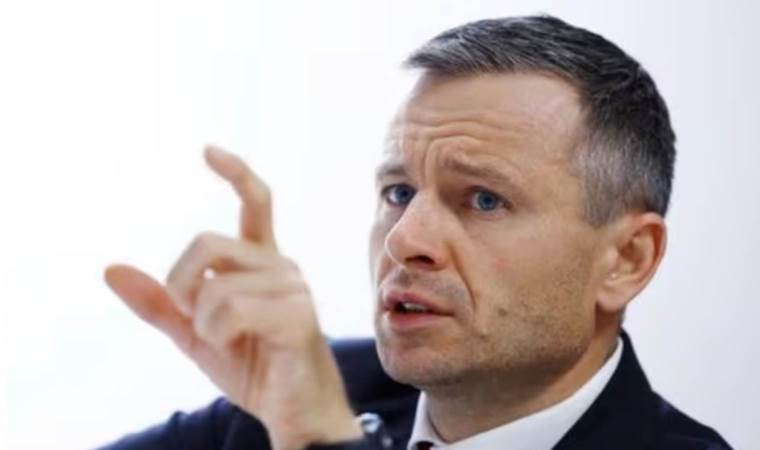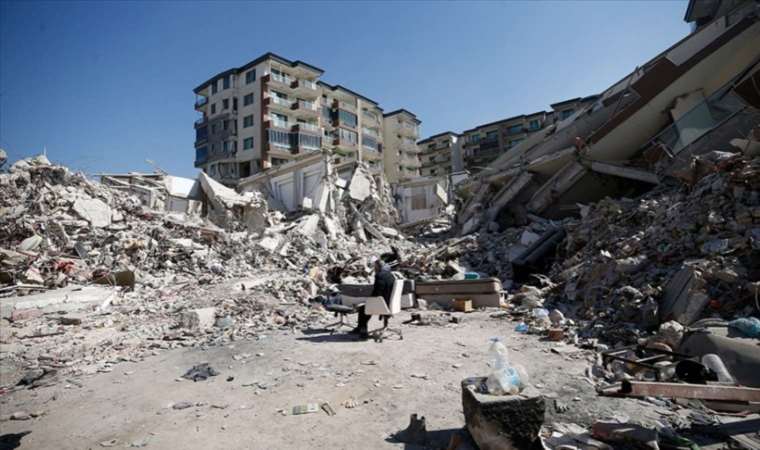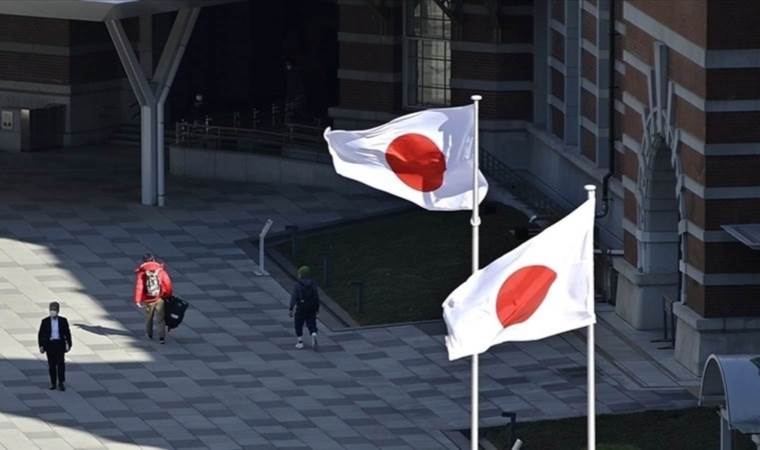Middle-income trap hinders progress in 108 developing countries: World Bank
108 countries classified as middle-income by end of 2023, home to 75% of global population, says study

The middle-income trap hinders progress in 108 developing countries, according to a new World Bank study that was released Thursday.
More than 100 countries, including China, India, Brazil and South Africa face serious obstacles that could hinder their efforts to become high-income countries in the next few decades, it said.
"The Middle Income Trap finds that as countries grow wealthier, they usually hit a 'trap' at about 10% of annual U.S. GDP per person—the equivalent of $8,000 today," said the study. "That’s in the middle of the range of what the World Bank classifies as 'middle-income' countries."
Only 34 middle-income economies have managed to shift to high-income status since 1990, while more than one-third were beneficiaries of integration into the EU, it noted.
A total of 108 countries were classified as middle-income by the end of 2023, each with an annual GDP per capita in the range of $1,136 - $13,845.
While those countries are home to 6 billion people, or 75% of the global population, two out of every three people in those countries are living in extreme poverty, it said.
They generate more than 40% of global GDP and over 60% of carbon emissions, while they face far bigger challenges than their predecessors in escaping the middle-income trap -- rapidly aging populations, rising protectionism in advanced economies and the need to speed up the energy transition, it added.
"The battle for global economic prosperity will largely be won or lost in middle-income countries," said Indermit Gill, chief economist of the World Bank Group and senior vice president for development economics. "But too many of these countries rely on outmoded strategies to become advanced economies. They depend just on investment for too long—or they switch prematurely to innovation."
Gill said a new approach is needed, with a focus on investment; emphasis on an infusion of new technologies from abroad and adopting a strategy that balances investment, infusion, and innovation.



